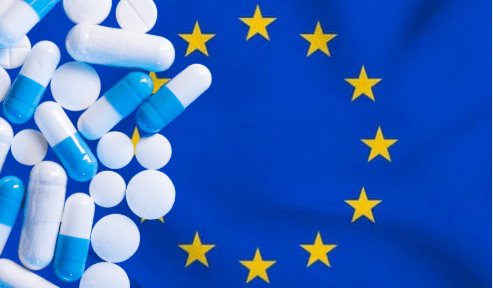The healthcare sector accounts for 4.4% of the world’s net global greenhouse emissions and 8% of emissions in France.[1] Given this situation, and at a time when sustainability is increasingly becoming a key issue, the pharmaceutical industry has no choice but to go with the flow of sustainable transition. In France, the pharmaceutical association Leem and the Ecological Transition Agency (ADEME) are spearheading these changes by proposing levers to decarbonize the industry. Among them: sustainable sourcing in the pharmaceutical industry; a process that respects the environment, the economy and society.
Sustainable pharmaceutical sourcing: an essential lever for pharmaceutical players
Responding to regulation and societal demand: sustainability, a new challenge for the pharmaceutical industry
Today, the pharmaceutical industry is one of the biggest emitters of greenhouse gases, amounting to 55% more than the car industry.[2] However, recent years have seen the emergence of new concerns faced by players in the sector. Driven by the emergency of the climate crisis and the need to take concrete actions to reduce greenhouse gas emissions , and in a context of tension around supply,[3] the issue of sustainability has taken hold in the pharmaceutical industry.
The regulatory bodies are also encouraging change. In the UK, for example, the National Health Service has set up the Carbon Reduction Plan[4] to guide industries towards zero emissions. In Europe, the principle of Extended Producer Responsibility, which places the responsibility for the entire life cycle of a product in the hands of the producer, is encouraging more responsible practices in order to limit risks.[5]
The pharmaceutical industry has therefore taken significant steps to implement sustainability, as demonstrated in France by Leem’s decarbonization plan, which is fully aligned with the objectives of the Paris Agreement.1
Sourcing: a key stage marked by unsustainable practices
Sourcing is an important step in the life cycle of a pharmaceutical product. It involves seeking out and locating a supplier of raw materials or ingredients.[6]
Traditionally, supplier selection criteria favour profit and security by focusing on low cost, quality and delivery times. However, this approach is often far from being sustainable, and accompanied by negative impacts on:[7],8
- The environment: The extraction of raw materials or ingredients is often associated with deforestation, a high carbon footprint due to transport, in addition to the use of solvents, chemicals, and precious resources such as energy and water. In France, for example, 90% of the pharmaceutical industry’s carbon footprint is due to the supply chain or services (scope 3), which includes sourcing.1
- Society: With regard to sourcing, there are rising concerns about working conditions, wages and ethics at suppliers’ production centers, especially in developing countries.
- The economy: The choice of suppliers based on profit criteria can lead to issues of transparency and communication between stakeholders.
In addition, this sourcing strategy has left Europe dependent on critical ingredients such as active pharmaceutical ingredients (APIs). Today, up to 80% of APIs come from China or India. This situation is endangering public health by putting Europe at risk of a supply crisis.3
Sourcing: a lever to meet sustainability objectives in the pharmaceutical sector
Against this backdrop, sourcing is emerging as a lever enabling the move towards a more sustainable industry for major pharmaceutical companies such as Pfizer, Novartis, and Astra Zeneca, among others. This is demonstrated by the Pharmaceutical Supply Chain Initiative (PSCI), which gathers all the major companies of the sector around the objective of establishing responsible practices in the value chain. In addition, each company has developed its own Supplier Code of Conduct, putting pressure on suppliers to adapt.
In France, Leem has placed sourcing at the heart of its decarbonization plan, encouraging companies to:
- Source production in Europe to reduce transport-related pollution.
- Select materials with a low carbon footprint and optimize the purchase of raw material.
- Ensure suppliers respect “climate commitments” and therefore select responsible suppliers.1
Sustainable pharmaceutical sourcing: between challenges and opportunities
The challenges of sustainable sourcing in the pharmaceutical industry
For suppliers and manufacturers alike, establishing sustainable pharmaceutical sourcing in the pharmaceutical industry brings with it a host of challenges. For suppliers, it means setting up to produce or extract in a more sustainable way, while maintaining and guaranteeing high quality. This also applies to the development of new technologies which requires both innovation and financial resources. For example, in its efforts to promote sustainability, Lactalis Ingredients Pharma, has chosen to focus on optimizing transport and investing in energy transition projects.
What’s more, faced with increasingly demanding specifications from manufacturers, suppliers need to stand out from the crowd by obtaining labels (e.g., Fairtrade, Rainforest Alliance etc.) or certifications.[8]
For drug manufacturers, choosing a sustainable supplier also involves challenges such as potentially higher raw material or ingredients costs or more time spent looking for a supplier. Leem recommends, for example, the creation of responsible purchasing charters, commitment programmes and vigilance mapping.1 In addition, sustainable sourcing in the pharmaceutical industry is associated with an issue of transparency. Regular audits and collaboration with suppliers are necessary to ensure compliance with specifications.
Sustainable pharmaceutical sourcing: a further step towards ecological, economic and environmental transition
Although it can be constraining to implement, the benefits of sustainable sourcing of raw materials and ingredients are manifold for the environment, the economy and society.
For pharmaceutical companies, choosing a sustainable supplier is synonymous with greater transparency, access to a new market and, potentially higher quality and safety thank to certifications and sustainability standards which guarantee safe, consistent and reliable ressource.8
Sustainable pharmaceutical sourcing is therefore a key issue that will continue to be at the heart of the pharmaceutical sector’s development strategies. Hence the need for players in the sector to adapt to these new challenges. However, at a European level, the development of sustainable sourcing will require the harmonization of sustainability criteria to make it easier for suppliers to meet demand.[9]
Lactalis Ingredient Pharma has already taken the requisite steps towards sustainability by implementing an environmental policy on water and carbon, sourcing its raw materials from within the Lactalis group, locating its transformation sites in France and obtaining the ISO 14001 certification. All these actions demonstrate Lactalis Ingredient’s determination to position itself as a sustainable ingredient supplier.
Mot-clé : sustainable pharmaceutical sourcing
[1] Leem, Plan de decarbonation du Leem, 2023, https://www.leem.org/sites/default/files/202307/Plan%20de%20d%C3%A9carbonation%20du%20Leem.pdf
[2] CPHI, CPHI Sustainability Trend Report 2023: Towards a greener future, 2023, https://www.cphi-online.com/cphi-sustainability-trend-report-2023-towards-a-news121332.html
[3] European Economic and Social Committee, Sécuriser l’approvisionnement de l’Europe en médicaments : envisager une loi sur les médicaments critiques, 2023, https://www.eesc.europa.eu/fr/our-work/opinions-information-reports/opinions/securiser-lapprovisionnement-de-leurope-en-medicaments-envisager-une-loi-sur-les-medicaments-critiques
[4] NHS England, Delivering a Net Zero NHS, https://www.england.nhs.uk/greenernhs/a-net-zero-nhs/
[5] ADEME, Les filières à responsabilité élargie du producteur, https://filieres-rep.ademe.fr/
[6]B. Zahiri, J. Zhuang, M. Mohammadi, Toward an integrated sustainable-resilient supply chain: A
pharmaceutical case study, 2017
[7] ADAPT, Addressing Sustainability Challenges in the Pharmaceutical Supply Chain, 2023, https://www.adaptideations.com/addressing-sustainability-challenges-in-the-pharmaceutical-supply-chain
[8] Kenyatta University School of Economics, Critically Reviewing the Influence of Sustainability on Pharmaceutical Supply Chains, 2024, https://www.coursesidekick.com/management/3513453
[9] Healthcare Without Harm, Procuring for Greener Pharma, 2022, https://noharm-europe.org/sites/default/files/documents-files/7333/2023-02-08_HCWH-Europe_Procuring-greener-pharma.pdf






